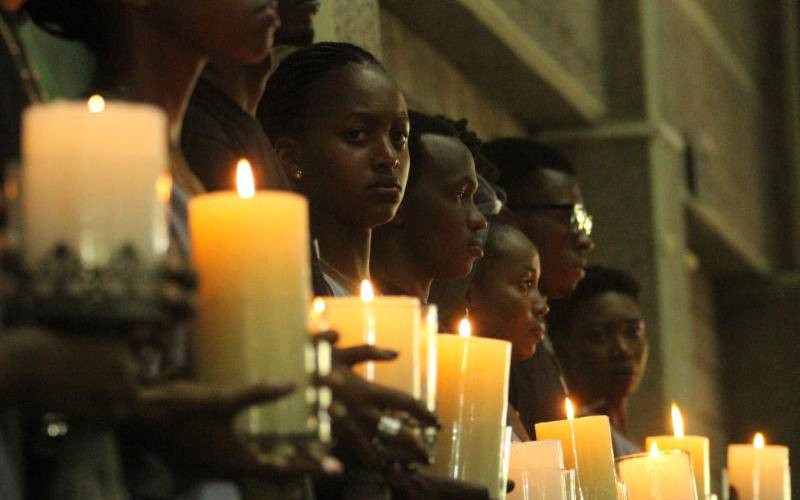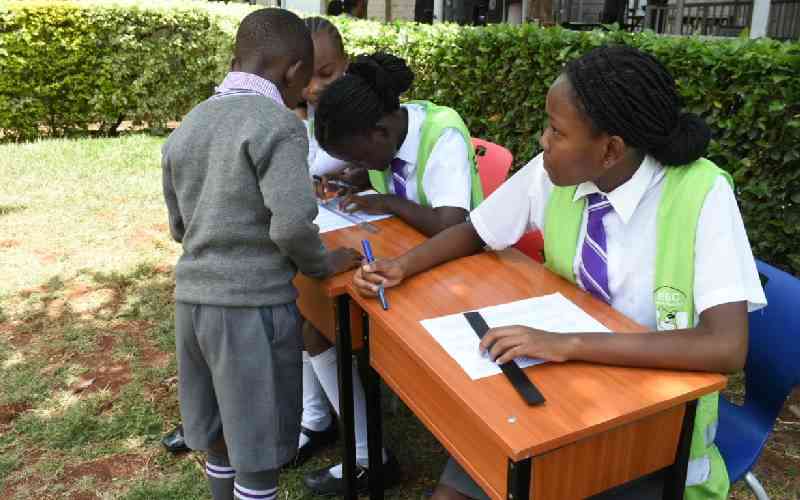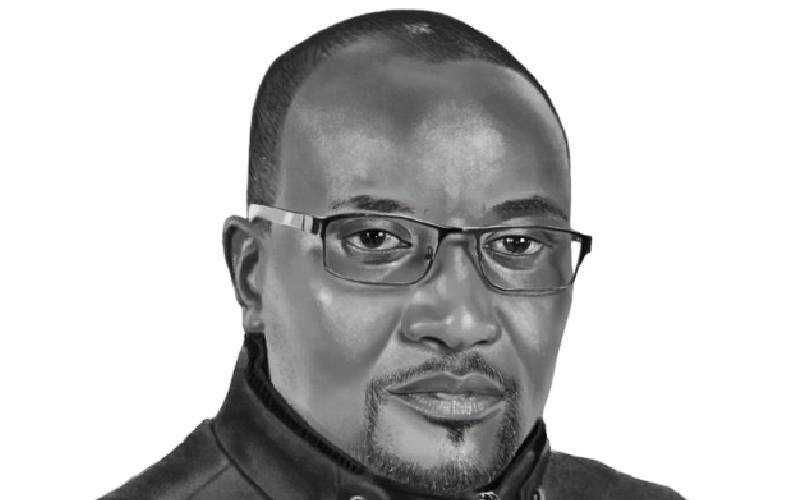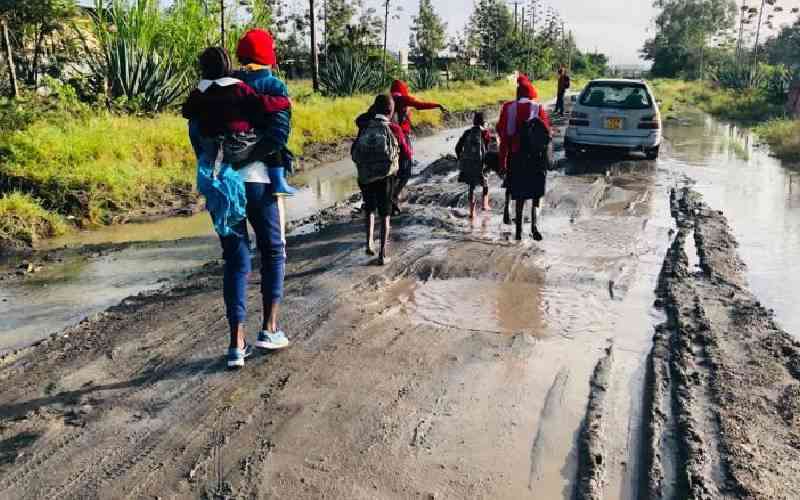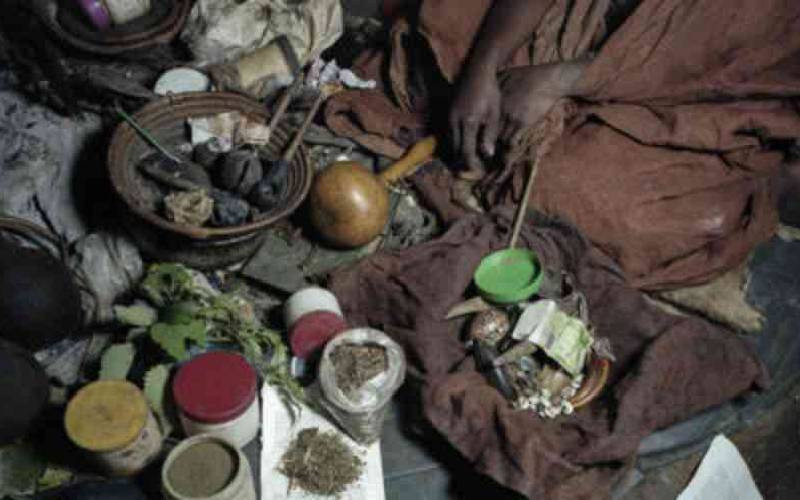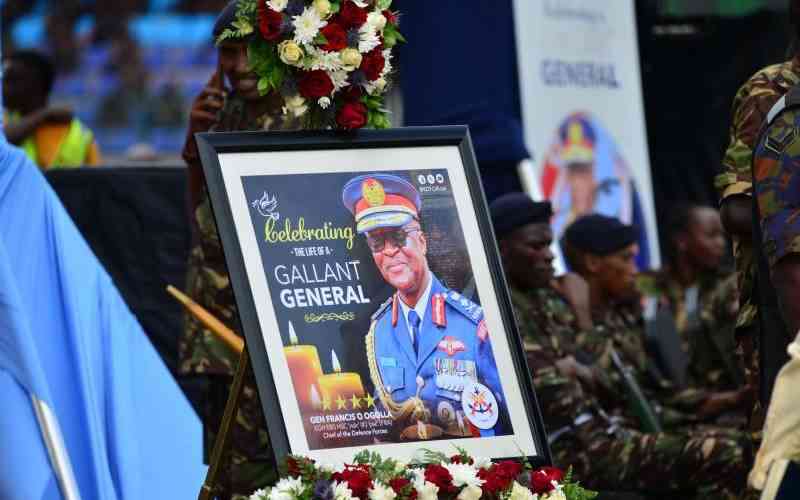Political party democracy can be very elusive. I grew up in the 1970s when Kanu, the only political party in Kenya was averse to internal dissent of whatever shade. The only party in the country demonised, stigmatised and outlawed dissenting party voices.
It was a tragic political era. Have we gone back where the only opinion in the political party is that of the party chief? In his heyday, former President Moi instructed the political class to toe the line or quit. “Fuata Nyayo,” was the credo. Have those who fought the politics of “Fuata Nyayo,” become “Fuata Nyayo” overlords, in the fullness of time? Is Kenya “going back to the future”? And yet why now, when there is no good cause to “Fuata Nyayo”?
If you are aged 40 and below, you will have no recollection of the assassination of Josiah Mwangi Kariuki in March 1975 and the debate that it generated in Parliament. Indeed, you are unlikely to recall anything of those heady days even if you are 45 today. For then, you were only six. What you know of that age is what has reached you through oral tradition, or what you have read somewhere.
You know nothing of the cloudy Masikini Liberation Movement of that year. Nor do you recall the bomb blast at the OTC offices, where Kenyans who were bound for Mombasa were killed in that hitherto unexplained happening.
It would later emerge that JM, as he was popularly known, was supposed to have been on that bus. Significantly, you know nothing of the Elijah Mwangale led Parliamentary Select Committee that investigated the assassination of JM.
The ranks of those of us who witnessed this history are increasingly decreasing. We are the few who can tell the younger generations that despite the Kanu clampdown in the ‘70s, we had MPs you truly felt proud of.
They were undaunted by party autocracy. Nor did they tremble before tribal overlords. Let me tell you of Kenya’s Third Parliament – the Parliament that wrestled with the matter of the assassination of JM. There are no remnants of that Parliament in today’s House. The last was Mwai Kibaki in the Parliament that ended last year.
That Parliament was elected in 1974. Strangely, Kanu allowed JM to contest. JM was a walking thorn in the flesh of the party and the Kenyatta government. His election campaign meetings were banned. Nor was he allowed to address any gathering anywhere, no matter how small it was. JM printed tens of thousands of election posters.
He posted throughout Nyandarua North and in a few other places. I recall coming across one in Ofafa Jericho in Nairobi, at the time. It read in part, “All my campaign meetings have been banned. But I am still a candidate. Vote for the truth and justice. Vote for me.”
The people elected him. Kenya killed him on March 2, 1975. I was in high school, in Form Three. The news shocked the country. For Kariuki was loved in every corner of Kenya.
University students went awry.
Parliament first went into shock. Then it galvanised itself into unprecedented protest. Kenya has never witnessed the assertiveness and solidarity that Parliament demonstrated from March 1975 to August 1978 when Mzee Kenyatta eventually passed on.
A Parliamentary committee under the chairmanship of then Bungoma East MP, Elijah Mwangale probed the death. Mark Mwithaga of Nakuru Town and Julia Ojiambo, then of Busia Central, are easily the only surviving members of that team.
They did a sterling job. They tabled the names of people to be investigated further and possibly prosecuted. Some were State luminaries. There was no investigation, however. The JM matter was wished away. David Goldsworthy may very well have wanted to write JM Kariuki, the Other Man Kenya Wanted to Forget – besides Tom Mboya.
The critical thing, however, is that a section of the Third Parliament possessed of astounding consciousness of being Kenya. It was unlike the rest of the Houses that would steadily degenerate into chambers of spiteful inter-ethnic exchanges. Kariuki was alleged to have been killed by people from his own tribe. He was Kikuyu.
Stay informed. Subscribe to our newsletter
What mattered in Parliament was that a Kenyan patriot had been assassinated. A forceful Opposition movement emerged in Kanu. This was Kenyan consciousness at its best. It has never been repeated. The names come back with ease. There was Chief Gitonga from Kitui East, Burudi Nabwera from Malava, Yunis Ali from Lang’ata, Mwangi Karungaru from Embakasi.
Others were Charles Rubia from Starehe, Jean-Marie Seroney from Tinderet, Chelagat Mutai from Eldoret North. There was George Anyona from Kitutu East and Martin Shikuku from Butere. Elijah Mwangale was there and so, too, was Grace Onyango from Kisumu Town.
These patriots united behind their country, for truth and justice. Cabinet Minister Masinde Muliro of Kitale East and Assistant Minister Peter Kibisu of Vihiga confounded the Kenyatta government.
They vibrated with the radicals. They were a marvel, these people. It was a great age, despite the one party autocracy. It delighted to listen to Kipyegon arap Kangogo deliver the day’s proceedings in Parliament – Taarifa ya Leo Katika Bunge – as prepared by Cornelius Nyamboki, Oscar Beauttah and Anthony Nyundo Beens.
The government unleashed terror and fear. Shikuku, Seroney and Anyona were detained without trial. And I was there, witnessing all this. Mwithaga and Kibisu were jailed over some spurious charges. Chelagat also went to jail. They claimed she had incited some people in Ziwa in Eldoret, to uproot sisal from some oppressive Mzungu plantation. I still retain the newspaper cutting I made of Chelagat the morning after they jailed her.
She was my idol.
What has gone wrong, today? Then, we were in an oppressive one party dispensation. Yet these gallant heroes and heroines would not be silenced. Unlike today, you had nowhere to go when they threw you out of Kanu.
Worse still, they could kill you the way they killed Kariuki. Or they detained you, as they detained Shikuku, Seroney and Anyona. Or, maybe, they just framed you up in a political court for a jail term. Yet these gallants were unfazed. They often said, “History will judge us well. You can kill me. But you cannot kill my spirit.”
The historical epoch they spoke of is here, today. Nearly 50 years later, you watch in disbelief. Today’s MP is more educated than the 1975 MP. He is richer. And he is in a multi-party dispensation. Yet he is more frightened of the political party gods than ever before.
What has gone wrong with multi-party democracy in Kenya? Is the spirit of the Kenyan patriots of yesteryear dead then?
 The Standard Group Plc is a
multi-media organization with investments in media platforms spanning newspaper
print operations, television, radio broadcasting, digital and online services. The
Standard Group is recognized as a leading multi-media house in Kenya with a key
influence in matters of national and international interest.
The Standard Group Plc is a
multi-media organization with investments in media platforms spanning newspaper
print operations, television, radio broadcasting, digital and online services. The
Standard Group is recognized as a leading multi-media house in Kenya with a key
influence in matters of national and international interest.
 The Standard Group Plc is a
multi-media organization with investments in media platforms spanning newspaper
print operations, television, radio broadcasting, digital and online services. The
Standard Group is recognized as a leading multi-media house in Kenya with a key
influence in matters of national and international interest.
The Standard Group Plc is a
multi-media organization with investments in media platforms spanning newspaper
print operations, television, radio broadcasting, digital and online services. The
Standard Group is recognized as a leading multi-media house in Kenya with a key
influence in matters of national and international interest.


